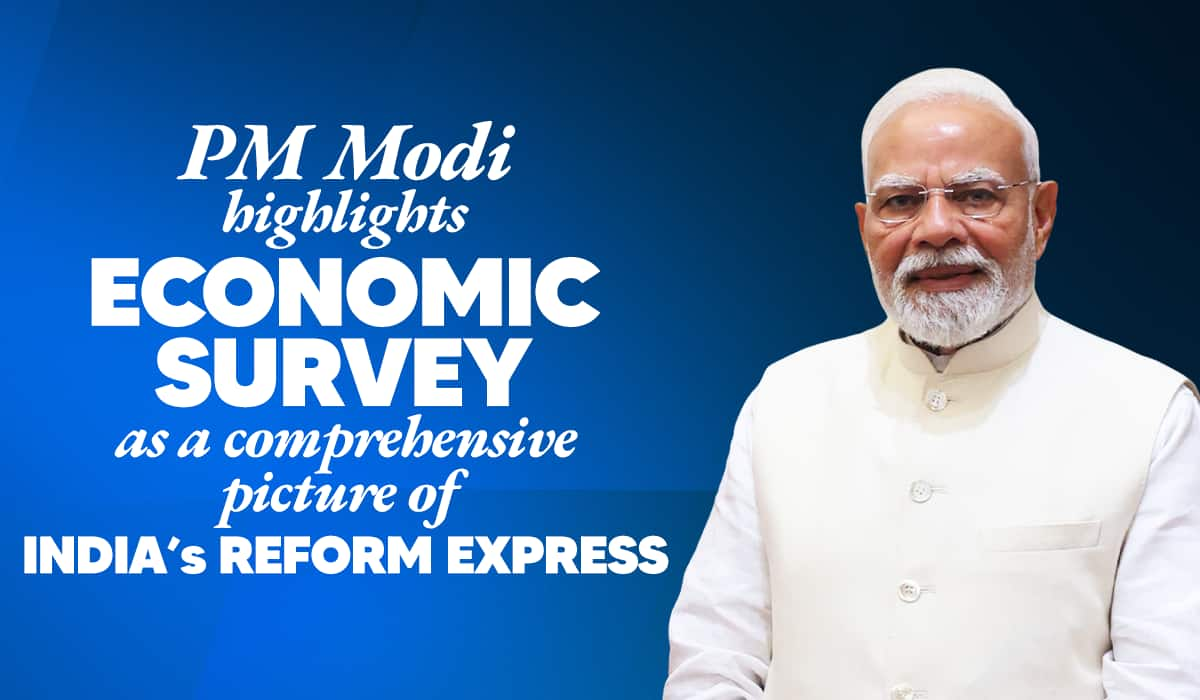14th October 2009- this is a day that will remain edged forever in the annals of Ahmedabad’s glorious history. It was on this day that Shri Narendra Modi flagged off ‘Janmarg’, Ahmedabad’s own state of the art Bus Rapid Transit System (BRTS)!
Literally meaning ‘way of the people’, Janmarg has established itself as a transport system that carries the citizens of Ahmedabad in safety, comfort that too in the quickest way possible. Janmarg gives top priority to buses, pedestrians and non-motorized transport and this is achieved by segregating it from the rest of the motorized traffic. While buses run on dedicated lanes at the Centre of the road, cyclists get their own dedicated track and pedestrians get wide footpaths. The supporting infrastructure from bus stations, Janmarg control centre to the workshops have been put in place with latest technology to make our travel as hassle free as possible.

Ahmedabad’s BRTS has the following special features that have truly made it a cut above the rest:
- Over 60 buses with GPS enabled facility with 2 way voice days and Passenger Information System as well as e-ticketing system.
- Extensive application of Intelligent Transport System (ITS).
- Low floor buses with large central doors of both sides. Accessible to persons with special needs.
- Bus Stations with the latest technology.
- Option of a Janmarg Travel Card that saves the commuter the need to stand in long lines and buy tickets.

Janmarg has always been a project very close to Shri Modi’s heart. He fully understood that Ahmedabad, being India’s seventh largest city and the largest city in Gujarat with a population of over 5 million people urgently required a transport system that is effective, efficient and can complement the pace of development Gujarat has been going through over the past decade. Almost all leading international financial centres from London, Paris, New York have mass transit infrastructure in place and this is exactly what Shri Modi is seeking to achieve for Ahmedabad for which Janmarg is only the grand beginning.

The transit system has done Gujarat extremely proud by winning several awards at the national and international level. In 2009 itself, the year when it was launched Janmarg was awarded the prize for ‘the best MRT project’ in the country. In 2010 it won the prestigious Sustainable Transport Award from the Transportation Research Board in Washington. In 2011 It was awarded National Award for ‘Excellence in the category of the best ITS project’ from the Government of India and in 2012 when Ahmedabad won the special mention in the Lee Kuan Yew World City Prize, Janmarg was one of the 3 projects listed as pioneering feats towards the city’s urban regeneration.

Janmarg has drawn praise from far and wide. Just recently a team of corporators from Pimpri-Chinchwad were in Ahmedabad to know about how the system works and even the PMC has spoken on replicating the Ahmedabad model for their city. In a time when this form of urban transport has not been very successful in other parts of India, Janmarg serves as a classic case study of how to revolutionize urban transport and take it to the next level for maximum public good.














